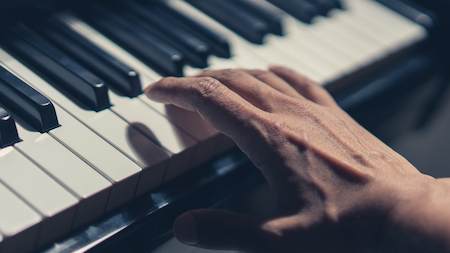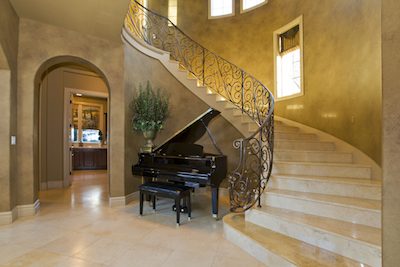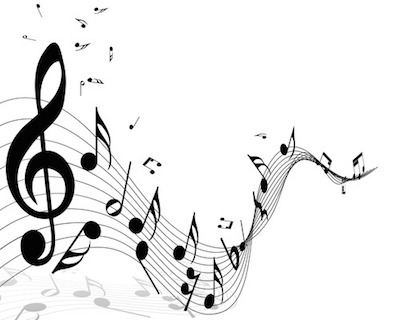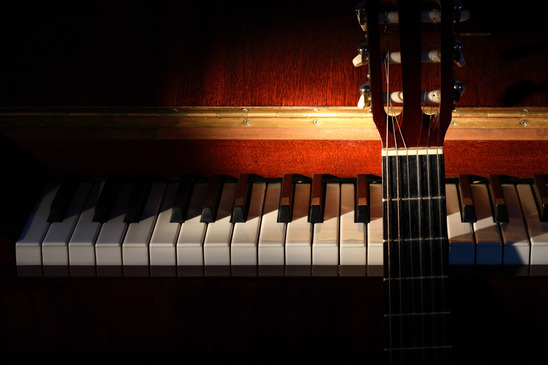Wouldn’t it be great if you could sit down at the piano and play a song?
The good news is: you can. The piano is one of the most unique instruments in that we have an innate ability to hunt and peck, press the keys, and play something that resembles a song. We can make “music” the very first time we touch the keys.
However, it’s also an instrument that can take a lifetime to learn.
As a piano player, you start out simple. As you add to your knowledge base, your concept of music grows. Ultimately, how fast you learn depends on several things:
Your practice time – how much time you give to learning your new skill. While it’s typical for a beginner to practice 30 minutes a day, it also depends on what you achieve during that 30 minutes. Banging out the same song over and over won’t help you improve. It takes focus and concentration to work your way up to becoming a better player.
Your lesson time – in most cases, players spend time with an instructor once per week, often just 30 to 60 minutes at a time. In group sessions, you’ll share the time with other players. Even in one on one classes, you’ll have to spend part of the time reviewing your process rather than diving into new things. The amount of training you get per week varies greatly.
Your desire – many piano players start out with a strong desire. But if you don’t see the results you were hoping for, your attention can move to other things. That can penalize you and change the track you’re on for growth. If you hope to make piano a part of your life forever, you have to learn to enjoy the process at every stage of your ability.
Mindset is everything.
Piano playing is more than a hobby. It can be a lifestyle if you allow it.
Instead of expecting rapid change, enjoy the process. Play because you love to make music. Play because it relaxes you after a difficult day. Play because you hope to enjoy it for life.








